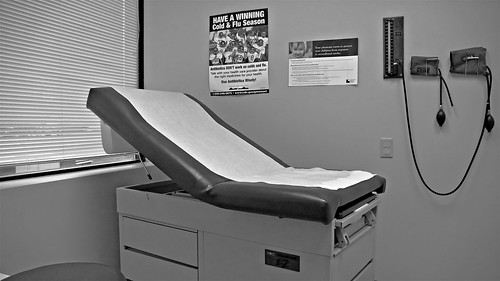
Image: Sharing the juice by zummersweet
If you listened only to those I know online, who are interested in learning, you would think that the world believed in trying to make and share educational content as easily as possible. But that is not always true. I have participated in discussions where it has been suggested that students might think that a course has less value if the content is freely available. The usual response is that a student should sense more value in participating in a course, than that which can be derived from easily shared online content. There should be more to it than a few lectures.
This morning I saw a tweet about a lecture on health inequities in the London School of Hygiene and Tropical Medicine. My immediate thought, which I tweeted back, was that it was a pity that the lecture wasn't more widely available (recorded, shared and able to be embedded in a blog) since the topic is so important. The things is that I've started getting a little spoiled. Last week I was able to watch sessions from the Foundation for Informed Medical Decision Making (FIMDM) conference in Washington DC here, live as they were being streamed, and for free. Last year, I watched many of the sessions in a 2 day conference on "Innovation in the Age of Reform" and you can too now, because those sessions are still available here. That conference was organised by Swedish . I had never heard of them before but I have now and so have you.
Lecture capture is becoming so easy to do that most universities have started already. And if you have the lecture then why not share it? Many are. iTunesU is one way of sharing your content freely with others. Cambridge, Oxford, Harvard and Yale are some of the universities already sharing with iTunesU. MIT have a whole website devoted to sharing 2000 of their courses. So all of these institutions have decided that there is something to be gained from making some of their content freely available. Maybe they believe that it is morally right to share, or that is will garner them positive coverage, or attract future students.
Anyway, the doctor I was speaking to thought that it wouldn't be appropriate to share material from a post-graduate course that someone was paying for. I asked if she thought it would devalue the course and she said yes. So, away from the echo chamber that I seem to inhabit more often I wanted to ask how you would feel about paying to attend a course where some of the materials were made freely available to others. Would it put you off? Would you feel proud that others could see the high standard of teaching you were receiving? Would you feel glad that your fees were helping to share knowledge around the world? Or would you feel cheated?



